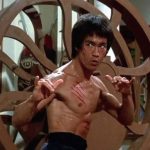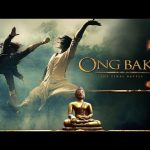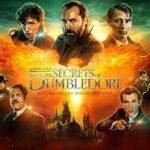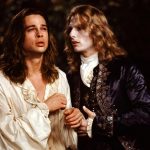Braveheart (1995)
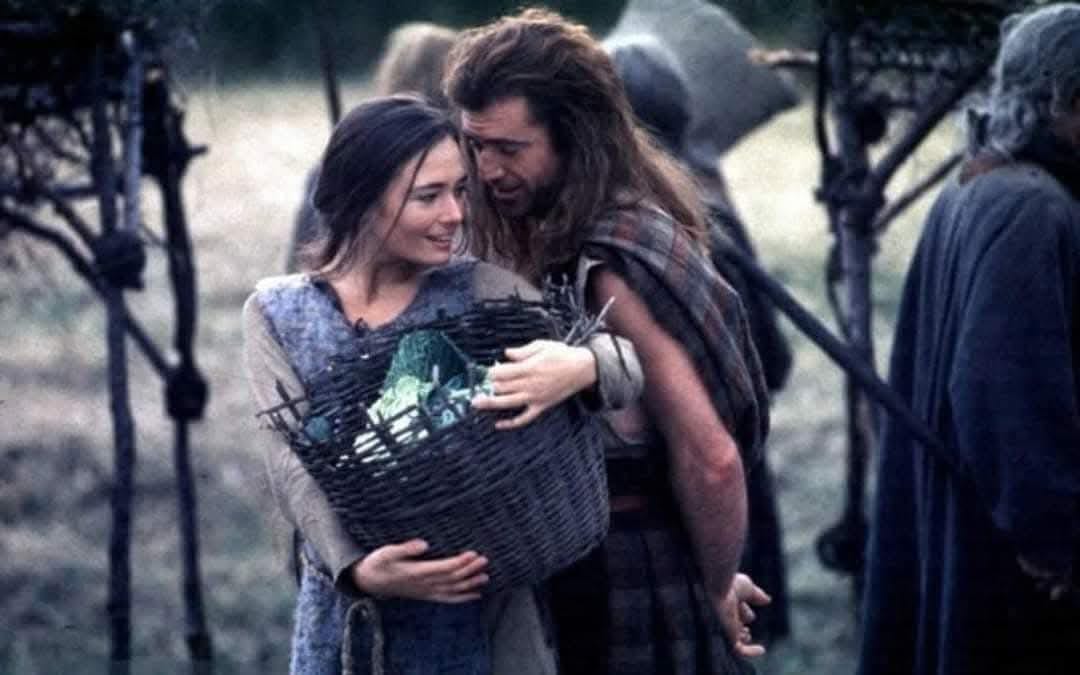
*Braveheart*, directed by and starring Mel Gibson, is an epic historical drama set in 13th-century Scotland during the First War of Scottish Independence. The film tells the story of William Wallace, a Scottish warrior who leads a revolt against the English occupation of Scotland.
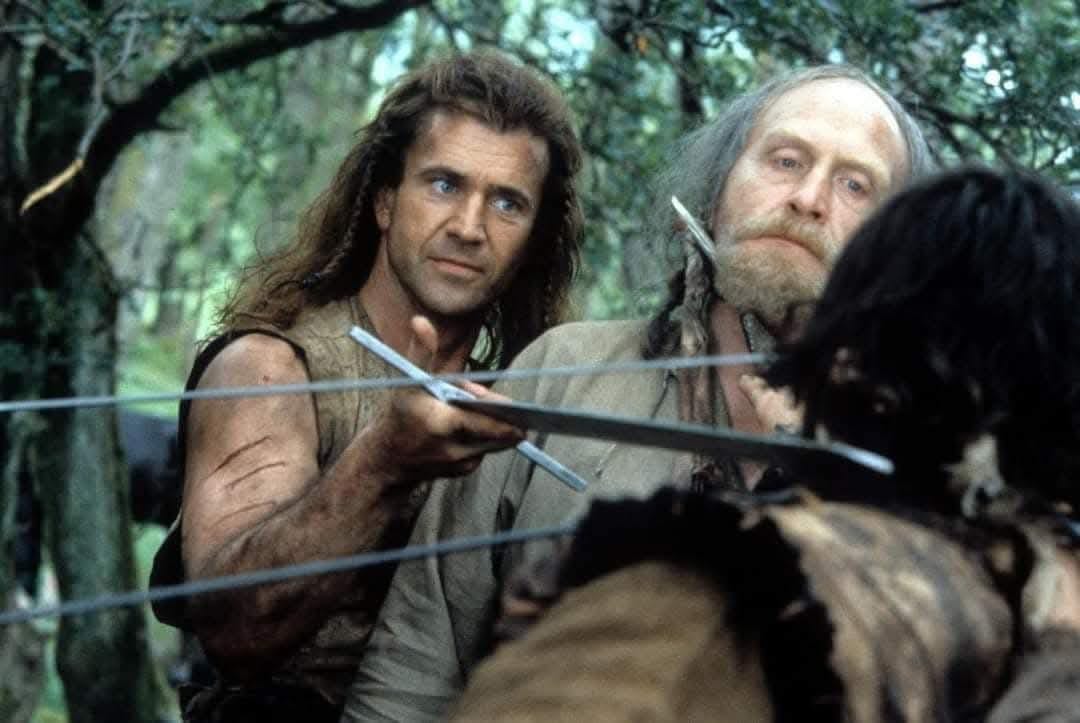
At its heart, *Braveheart* is a tale of freedom, loyalty, and vengeance. The film’s portrayal of Wallace’s rise from a common man to a symbol of resistance is both compelling and tragic. Mel Gibson’s performance as Wallace is powerful, delivering both emotional depth and raw intensity. His famous battle cry, “They may take our lives, but they’ll never take our freedom!” has become iconic, capturing the essence of the film’s themes.

The film’s action sequences are one of its strongest points. The battle scenes, especially the climactic Battle of Stirling Bridge, are gritty, chaotic, and intense, showcasing both the brutality of war and the strategic brilliance of Wallace. The use of practical effects and real stunts gives these scenes a palpable, visceral energy that resonates even today.
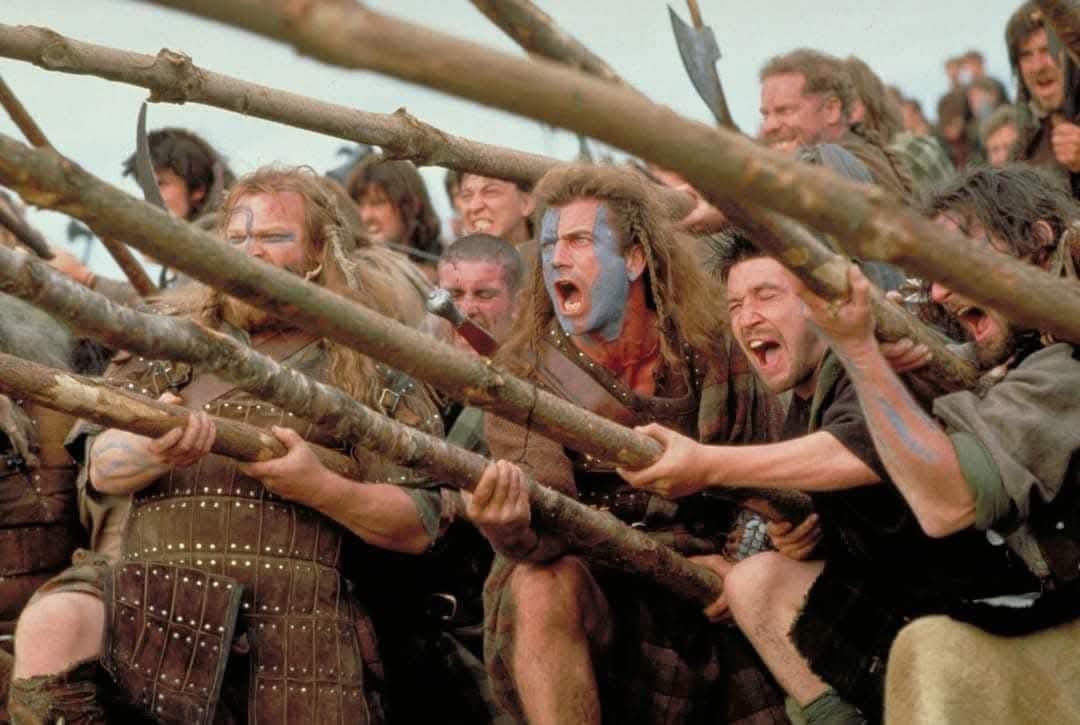
The cinematography is breathtaking, with sweeping shots of the Scottish Highlands and intimate close-ups that capture the characters’ emotional struggles. James Horner’s score complements the visuals perfectly, with its soaring, Celtic-inspired melodies adding to the film’s epic feel.
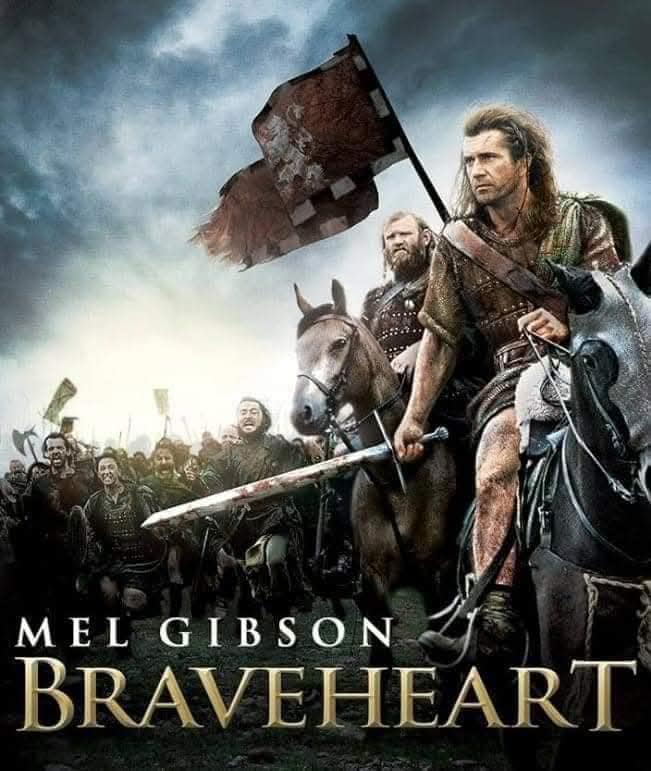
However, *Braveheart* is not without its criticisms. Historians have pointed out several inaccuracies in the portrayal of events and characters. Some of the film’s more dramatic moments, such as the famous “freedom” speech, are romanticized for cinematic effect, and some of the historical liberties taken may irritate those expecting a more factual account.
